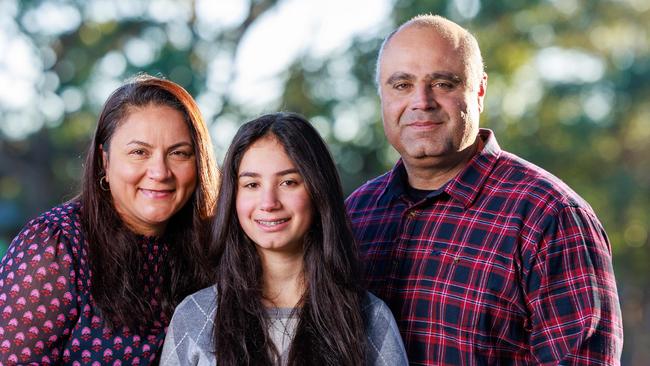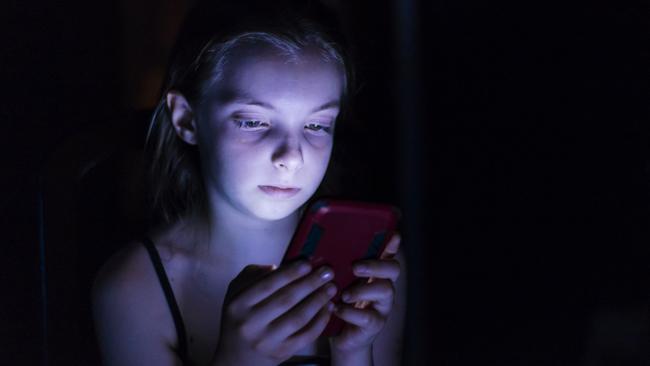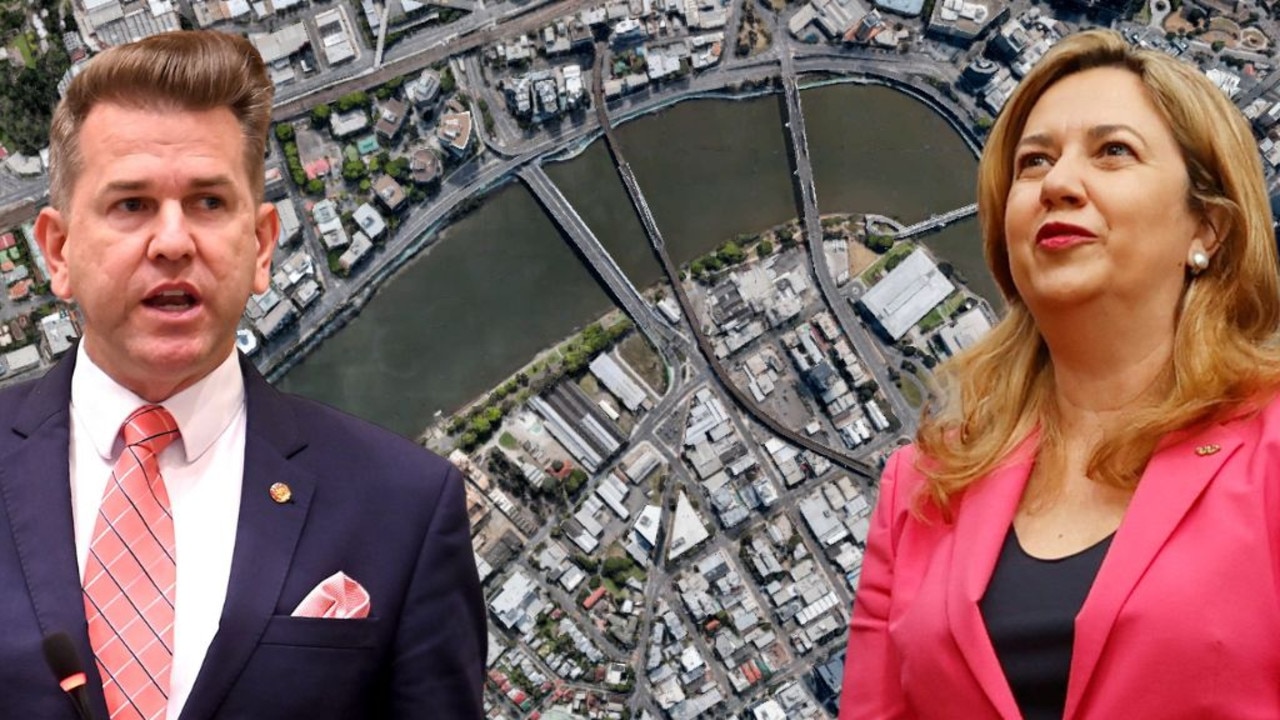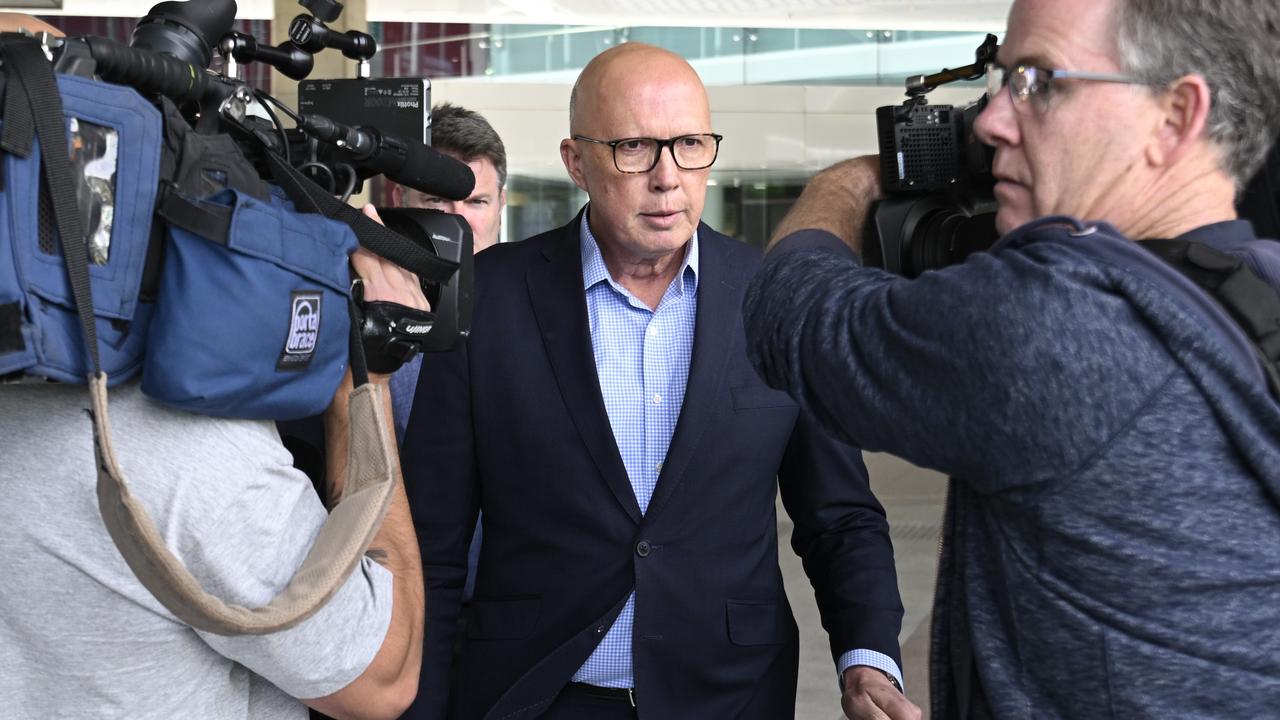Fighting to keep social media status quo doesn’t make sense
Some opposition to changing social media age limits is to be expected, but a lack of scientific evidence and an unwillingness to opt for caution suggests other agendas, writes Dany Elachi.

QLD News
Don't miss out on the headlines from QLD News. Followed categories will be added to My News.
The government’s proposed bill to lift the minimum social media age to 16 marks the culmination of a hard-fought battle of ideas. On one side stand science and the lived experiences of millions of families; on the other, a vocal group of academics and experts, many with ties to Big Tech.
Nowhere was this divide more apparent than at last month’s inaugural Social Media Summit, held over two days in Sydney and Adelaide.
As founder of The Heads Up Alliance, I had the privilege of presenting a parent’s perspective during one of the panel discussions. More on that discussion in a moment. First, let’s set the scene.
The way childhood has been experienced by young people for millennia is fundamentally changed today, up-ended by the mini poker machines now wedded to our children’s palms. Social media alone has invaded Australian teens’ lives to the tune of four to five hours per day, on average. There are many teens who now spend more time online than they do sleeping.
Our children have been sucked into a vortex of obsessive checking, comparing, judging, being judged, sexual predation, responding, liking, sextortion, bullying, exposing and being exposed to, in a manner and on a scale that is unprecedented in human history.

And it is parents who know most intimately the harm all this is doing to our children. We witness daily the impacts on play, real-life friendships, self-esteem, learning, time spent outdoors, focus, sleep, reading, mental health, family connections, exercise and all the unsung little moments that used to define a healthy and balanced childhood.
We are very justified in our concern. The question of when our children ought to enter this addictive phone-based world is therefore a pertinent and urgent one.
As parents took their seats at the summit last month, we were particularly looking forward to hearing the arguments of the experts and academics who had been pouring cold water on the proposal to lift the minimum age of social media to 16 years. Surely this was the place, the grand platform, their great opportunity to lay out the science supporting their positions.
We were hoping to hear someone make a positive case for 13, the current age of social media citizenship. In the very least, we were hoping to hear a cogent argument as to why this age – an accident of American privacy law, written 25 years ago, before social media was even invented, to serve the financial interests of tech companies – ought not be tinkered with. And yet, speaker after speaker, expert after expert, left parents empty-handed.
Not a skerrick of evidence was presented. Not a single study. Not a shred of scientific rationale.
Not one academic, expert or mental health organisation – some of the biggest names in the country – took this golden opportunity to make their case from the vantage point of science.
One of the more surprising moments at the summit was when my fellow panellist Dr Joanne Orlando ultimately revealed that experts don’t actually know the right age.
If experts themselves are uncertain, and given that these are our children, with their wellbeing and even their lives and childhood at stake, we should apply the precautionary principle and tread very, very carefully. In other words, until we work things out, 16 years is an eminently sensible position to take.
It also begs the question: if experts truly don’t know, why have so many of them been so busy these past few months campaigning, writing op-eds, giving media interviews, testifying before parliamentary committees and issuing open letters and joint communiques in support of the status quo of 13 years?
It has been troubling to see experts, trusted by the public and who are usually careful and considered in other areas of their professional lives, trip over themselves in opposing the lifting of the minimum age, effectively supporting Big Tech’s interests over our children’s.
A smattering of opposition is to be expected – there is rarely consensus on any issue – but the wholesale inability to lay out a scientific case for the status quo and the widespread disregard for the precautionary principle suggests that other factors, such as groupthink, might be at play.
Whatever the case, for a fundamentally important question such as this, one that has implications not only for the lives of individual children but for the future of our society more broadly, we are pleased that Australian lawmakers have thus far heard parents’ voices and aligned themselves with the science of children’s development and wellbeing.
Dany Elachi is the co-founder and a director of The Heads Up Alliance
Originally published as Fighting to keep social media status quo doesn’t make sense
Read related topics:Let Them Be Kids


